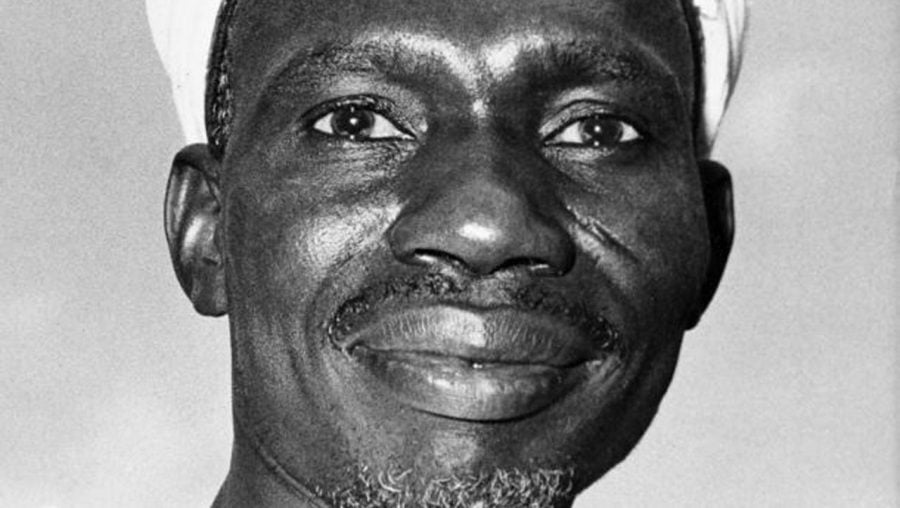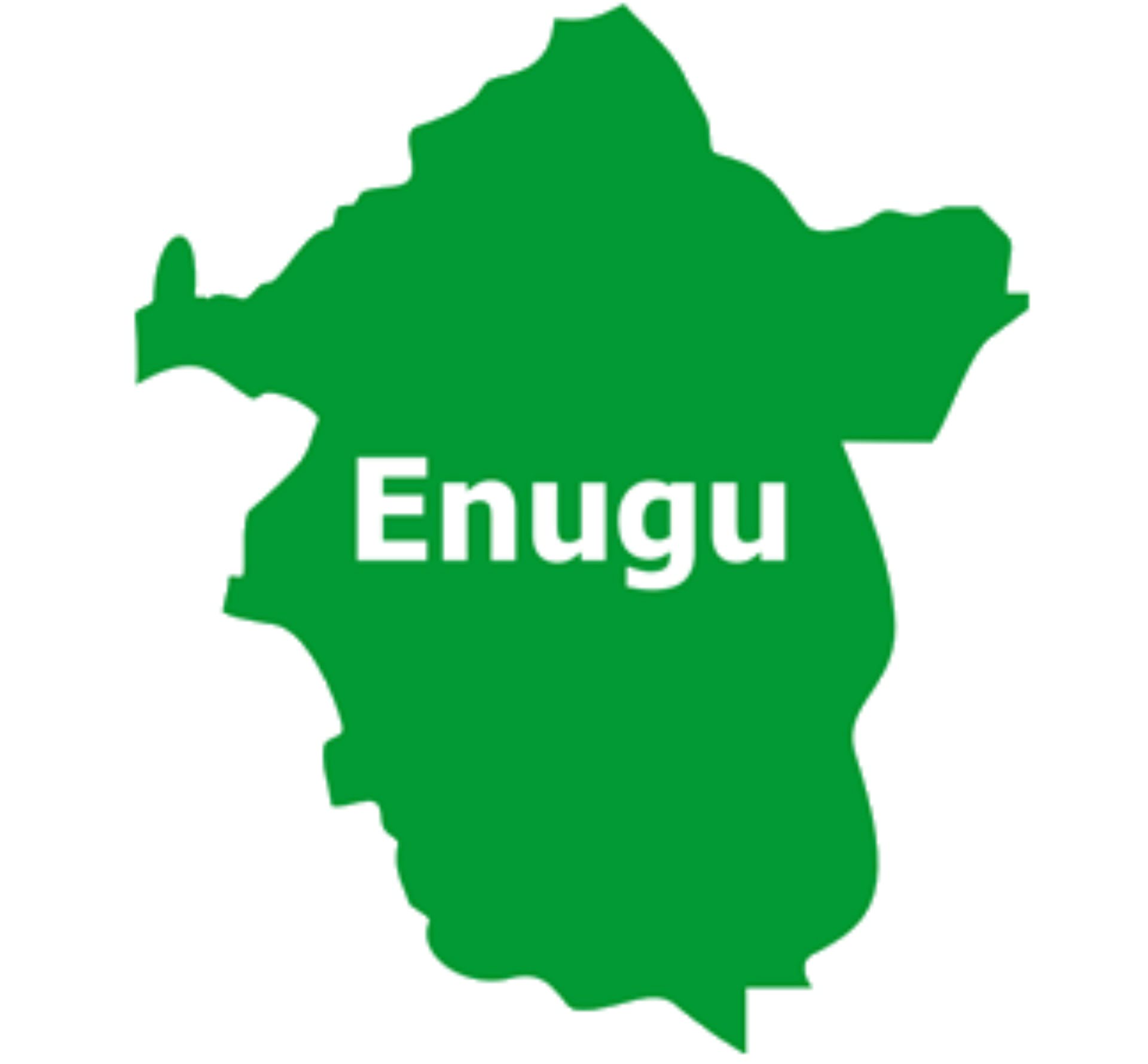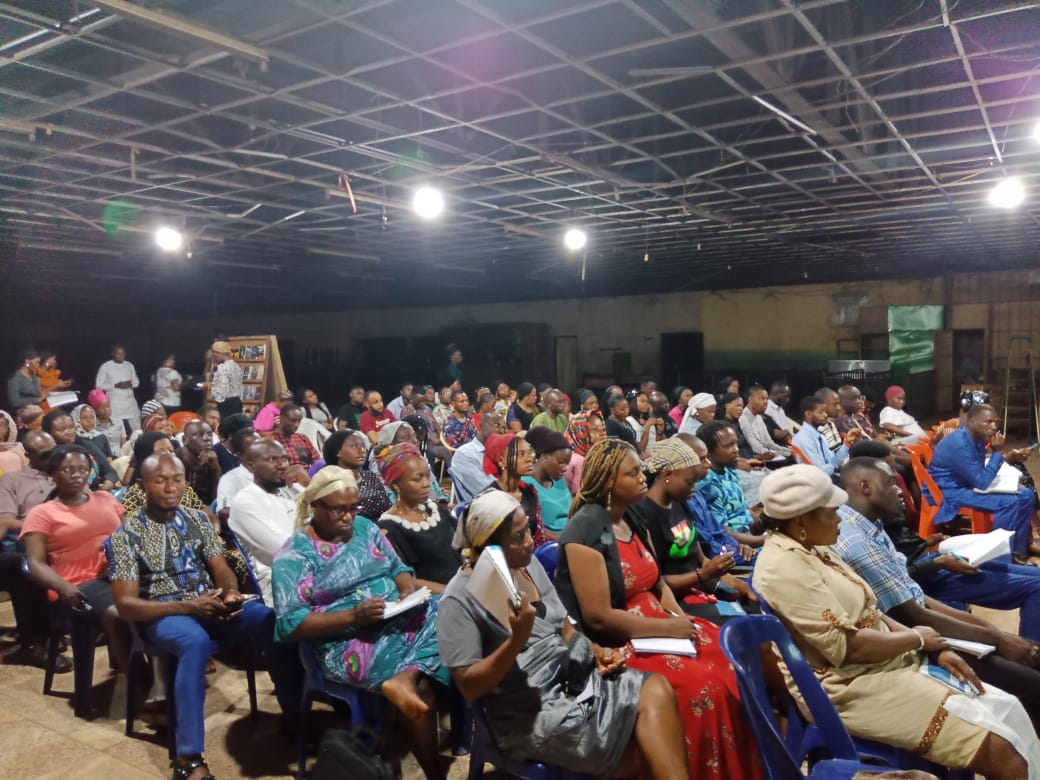Bauchi State is home to many national monuments and game reserves. The reserves are delight of tourists because of the natural ecosystem.
One of the monuments, heavily patronised by tourists is the tomb of late Sir Abubakar Tafawa Balewa.
The tomb of Abubakar Tafawa Balewa, the first and only Prime Minister of Nigeria, is located in Bauchi, the Bauchi State capital.
The tomb was declared a national monument on Aug. 29, 1979 by the then military administration.
The construction of the tomb and the building enclosing the grave began in 1977 and inaugurated in July 1979.
Within the enclosure are reference library, gallery, mosque and grave of the former Nigerian leader, often referred to as the Golden Voice of Africa.
Balewa was born in Bauchi in December 1912, to the family of Yakubu Dan Zala and Fatima Inna.
The young Balewa started his education at a Qur’anic school in Bauchi town and later attended Katsina College, now (Barewa College). On completion of his secondary education in 1933, he returned home and started teaching at the Bauchi Middle School where he rose to the position of headmaster in 1941.
In 1944, Balewa went to University of London’s Institute of Education, and on his returned he was appointed Inspector of Schools.
His political sojourn started in 1946 when he was elected into the Northern Nigeria House of Assembly and in 1951 elected as the Vice President of the Northern Peoples Congress (NPC).
The party nominated Balewa to Lagos as Member of Parliament in 1952. In the same year, Balewa was appointed Minister of Works and Transport.
In 1957 the NPC won election with majority of the MPs and Balewa was elected as Prime Minister.
At independence in 1960, Balewa became the Prime Minister of the independent Nigeria and re-elected in 1964. He was killed alongside other prominent Nigerian leaders during the Jan. 15, 1966 coup.
Mohammed Akuyam, a senior tour guide at the tomb, said the edifice was designed to reflect the simple life Balewa lived.
Akuyam said the “darkness greeting visitors’’ at the entrance to the tomb signifies hardship encountered by Balewa and his colleagues in the struggle to gain independence from the British colonial administration.
He said the light shining through a thin window by the right hand side after the first darkness, represents rays of hope for the nation to be freed from colonial administration.
“The second darkness on the corridor to the tomb signifies struggle continues for Nigeria’s independence, while the full brightness illuminating the tomb’s courtyard signifies attainment of Nigeria’s independence in 1960,” he said.
On the rough staircase leading to the tomb, Akuyam said, signifies hardship experienced by Nigerians under the colonial administration, while the smooth one symbolises freedom enjoyed after attaining self-rule.
The intercessions on the pathways to the grave, reflects crises and civil disorder that greeted Balewa’s assassination.
He said: “The colours on the walls of the tomb represents different ethnic groups in Nigeria, and the late Balewa served those interests at heart and tried to unite them as one nation.
“The open roof of the tomb signifies the open-mindedness of the late Prime Minister and the simple life he lived.”
According to him, the tomb is in good condition and recording high number of visitors, especially students who are on excursion to learn and see some of the personal belongings of the late prime minister.
According to the tour guide, visit to the tomb is free, but adult visitors to exhibition section (gallery) are charged N100 per head and N50 for children.
He also said that students from schools across the country visit regularly, adding that about 7,555 students visit the tomb annually.
The tour guide also said that 75 students of the National Institute for Policy and Strategic Studies (NIPS), Kuru, Jos, were on study tower at the tomb in September, 2021, while 22 foreign students or tourists also visited the tomb in 2021.
He listed important personalities that visited the tomb to include former President Olusegun Obasanjo on July 16, 1999,
former President Goodluck Jonathan, in September 2011, and former President of the Senate, Ken Nnamani, among others.
Akuyam, however, said that the tomb was renovated in 2012 by the National Commission for Museum and Monuments, while the Nigeria Deposit Insurance Corporation (NDIC) upgraded the gallery.
“All the personal belongings of the late prime minister kept in the gallery are in good condition.
“We have over 20 staff working in the tomb, including guides, cleaners, receptionists as well as auditorium and library personnel.
“The tomb is being managed by the Bauchi State Ministry of Culture and Tourism, while the gallery is under the National Commission for Museum and Monuments,” he said.
Mukhtar Baba, the librarian, said the gallery is prone to flooding that submerged the facility during raining season due lack of drains.
Mukhtar urged government at all levels to always construct drains to check perennial flooding.
He also advocated for awareness creation to educate the people on the facility so as to attract more visitors.
On his part, Muhammad Nasiru-Yusuf, General Manager, Bauchi State Tourism Board, called for review of laws governing the control and ownership of the monument to enhance good management of the all-important national asset.
Nasiru -Yusuf said the measure was imperative to fast track upgrade of the tomb to meet international standard, raise tourism potentials and attract more visitors.
He urged the Bauchi State Government to declare Jan. 15, public holiday as Tafawa Balewa Memorial.
Unarguably, Balewa’s tomb is being maintained by the relevant authorities, but review of the extant laws on such monuments is critical to ensure protection of tombs of other national heroes. (NANFeatures)
** If used, please credit the writer as well as the News Agency of Nigeria (NAN)






2 Comments